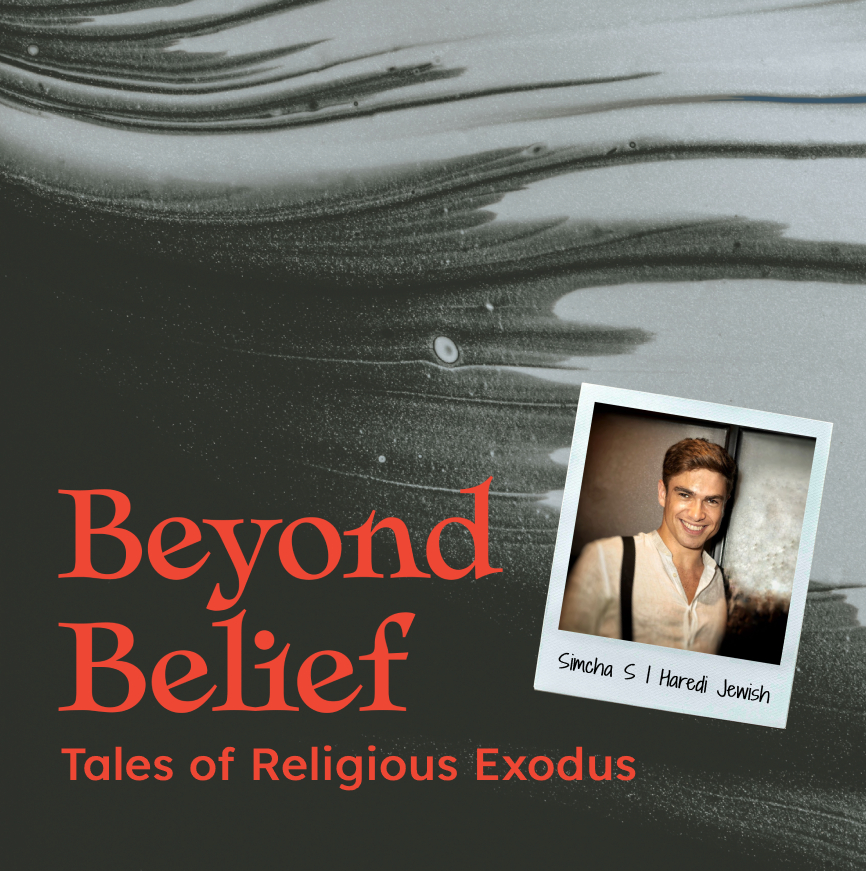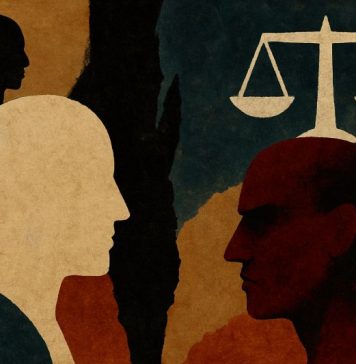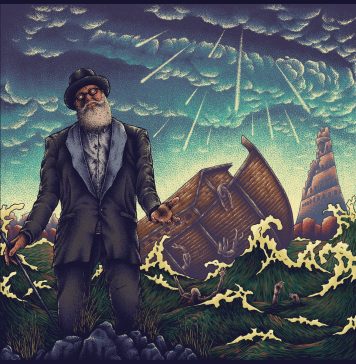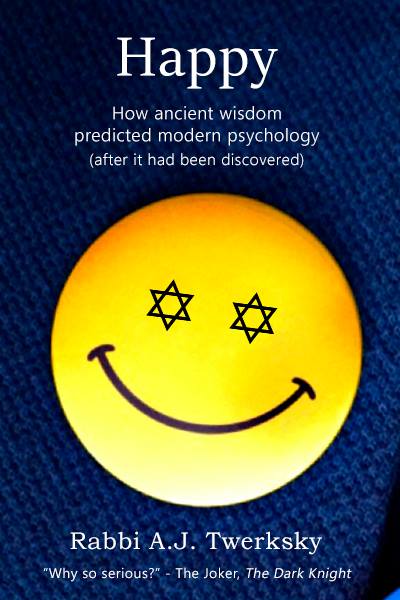In this episode of Beyond Belief, Tales of Religious Exodus, siblings discuss Simcha’s personal journey from an ultra-Orthodox Haredi Jewish upbringing to a secular lifestyle. They explore the impact of a highly religious childhood, the unique challenges faced during and after leaving the faith, and the healing process that included therapy and psychedelics. Highlighting the struggles, such as severe orthodox practices and social isolation, Simcha provides insights into the process of finding new meaning and acceptance in a secular world. This heartfelt conversation offers a deep dive into the psychological and emotional journey of leaving fundamentalist religion.
00:00 Introduction to Beyond Belief
00:54 Simcha’s Early Life and Family Background
02:15 Challenges of Religious Education
05:00 Struggles with Religious Beliefs
09:11 Questioning and Leaving Religion
19:43 Adjusting to Secular Life
29:02 The Journey of Healing
29:40 Therapy and Psychedelics
32:51 The Power of Crying
33:09 Supportive Relationships
33:46 Conditional Love and Religion
38:57 Empathy and Open-Mindedness
42:19 Reflections on the Past
44:22 Family Dynamics and Childhood Memories
51:21 Advice for Leaving Religion
54:53 Final Thoughts and Farewell
Episode Summary
A Journey Beyond Belief: Tales of Religious Exodus
In today’s episode, we have a deeply personal and intimate conversation with Simcha, who happens to be my sibling. Despite our shared upbringing, our experiences and interpretations of our religious lives were vastly different.
Introduction to Simcha’s Journey
We kick off our conversation by discussing Simcha’s background. Our parents moved from Canada and the U.S. to Israel, became religious, and decided to raise a large family in the ultra-Orthodox Haredi Jewish community. Simcha recounts the rigorous religious schooling, the challenges of language, and the extremely basic secular education that left many gaps in understanding the broader world.
The Struggles of Growing Up
Simcha shares how our lives were structured around religious commandments and segregations. One of the most impactful aspects was the complete separation between males and females, which left Simcha socially unprepared when entering a non-religious university environment for the first time.
Simcha also emphasizes the intense stress and fear associated with religious commandments, especially those promising severe punishments like hell for non-compliance. This fear was particularly heightened during religious observances such as Yom Kippur.
Defining Moments of Leaving Religion
The decision to leave religion wasn’t sudden; it was a process for Simcha. One defining moment was the realization of the excessive burden and lack of enjoyment in following religious commandments after turning 13. Another pivotal moment was when Simcha decided to turn on the phone during Shabbos, marking the beginning of a significant break from religious observance.
Further expanding on this journey, we discuss the influence of secular friends and family. For instance, spending a summer with our non-religious cousins in Canada introduced Simcha to a different way of living, helping to solidify the decision to leave the religious life completely.
The Impact of Leaving
Adjusting to secular life brought its own set of challenges, but also a sense of liberation. Simcha speaks about the difficulty of unlearning deeply ingrained beliefs, the struggle for financial and social independence, and the initial educational disadvantages left by our religious schooling.
The Healing Process
Healing from the past involved multiple avenues for Simcha. Therapy was a significant factor, providing the tools to build self-confidence and cope with past traumas. Psychedelics, particularly acid, played a surprising role in processing emotions and finding peace with past experiences. Surrounding oneself with supportive and understanding people was also crucial. Simcha points out the importance of connecting with others who share similar backgrounds and experiences for mutual support.
What Remains Missed
Despite the hardships, there are aspects of the religious life Simcha misses. The structured belief that everything is in God’s hands provided a comforting sense of security. Additionally, the traditions like Shabbos, which enforced a break from the incessant connectivity of modern life, are remembered fondly.
Reflections and Advice
Simcha’s experiences highlight the importance of having a supportive community, embracing continuous learning, and being kind to oneself through the journey. Recommendations for those considering leaving religion include engaging with like-minded individuals, navigating the broader world through education, and reading insightful books like “Sapiens” by Yuval Noah Harari and “The Tipping Point” by Malcolm Gladwell.
Conclusion
Simcha’s story is a profound testament to the resilience and strength required to leave a fundamentalist religious background and find one’s path. For anyone on a similar journey, remember to cherish each step forward, no matter how small.
Thank you for listening to this episode of Beyond Belief. If you found Simcha’s story inspiring, please share it with others who might benefit from it. Be sure to subscribe for updates on future episodes.









